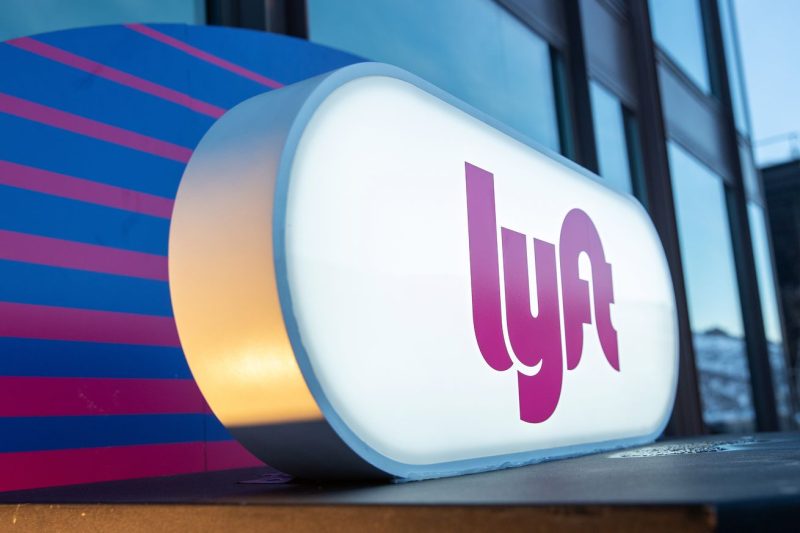Lyft Fined $2.1 Million for Misleading Ads About How Much Drivers Could Make
In a recent turn of events, the popular ridesharing company Lyft has been fined a staggering $2.1 million for running misleading advertisements about the potential earnings of its drivers. This comes as a significant blow to the company, which has faced scrutiny in the past for its advertising practices.
The fines were imposed by the Federal Trade Commission (FTC), which found that Lyft had been overstating the earnings potential for drivers in several of its advertisements. The FTC determined that Lyft’s claims were deceptive and likely to mislead consumers into believing that they could earn far more money driving for the company than was actually realistic.
One of the key issues highlighted by the FTC was Lyft’s use of phrases such as make $35/hour in its advertisements. The FTC found that these claims were not based on accurate data and did not reflect the actual earnings of Lyft drivers. In reality, many drivers found it difficult to earn such high rates due to various factors such as competition, market saturation, and fluctuations in demand.
Furthermore, the FTC uncovered that Lyft had failed to adequately disclose key information about the potential costs and expenses associated with driving for the company. This lack of transparency meant that many drivers were unaware of the true financial implications of working for Lyft, leading them to make decisions based on misleading information.
The $2.1 million fine imposed on Lyft serves as a stark warning to companies that engage in deceptive advertising practices. The FTC’s actions send a clear message that misleading consumers about earnings potential is unacceptable and will not be tolerated.
In response to the fine, Lyft has agreed to cease making exaggerated claims about driver earnings and to provide more accurate and transparent information in its advertisements. The company has also pledged to implement measures to ensure compliance with advertising regulations in the future.
This case serves as a reminder of the importance of truth in advertising and the need for companies to be transparent and honest in their communications with consumers. By holding Lyft accountable for its misleading ads, the FTC has taken a firm stand against deceptive practices in the ridesharing industry, ultimately working to protect consumers and uphold the integrity of the marketplace.




























